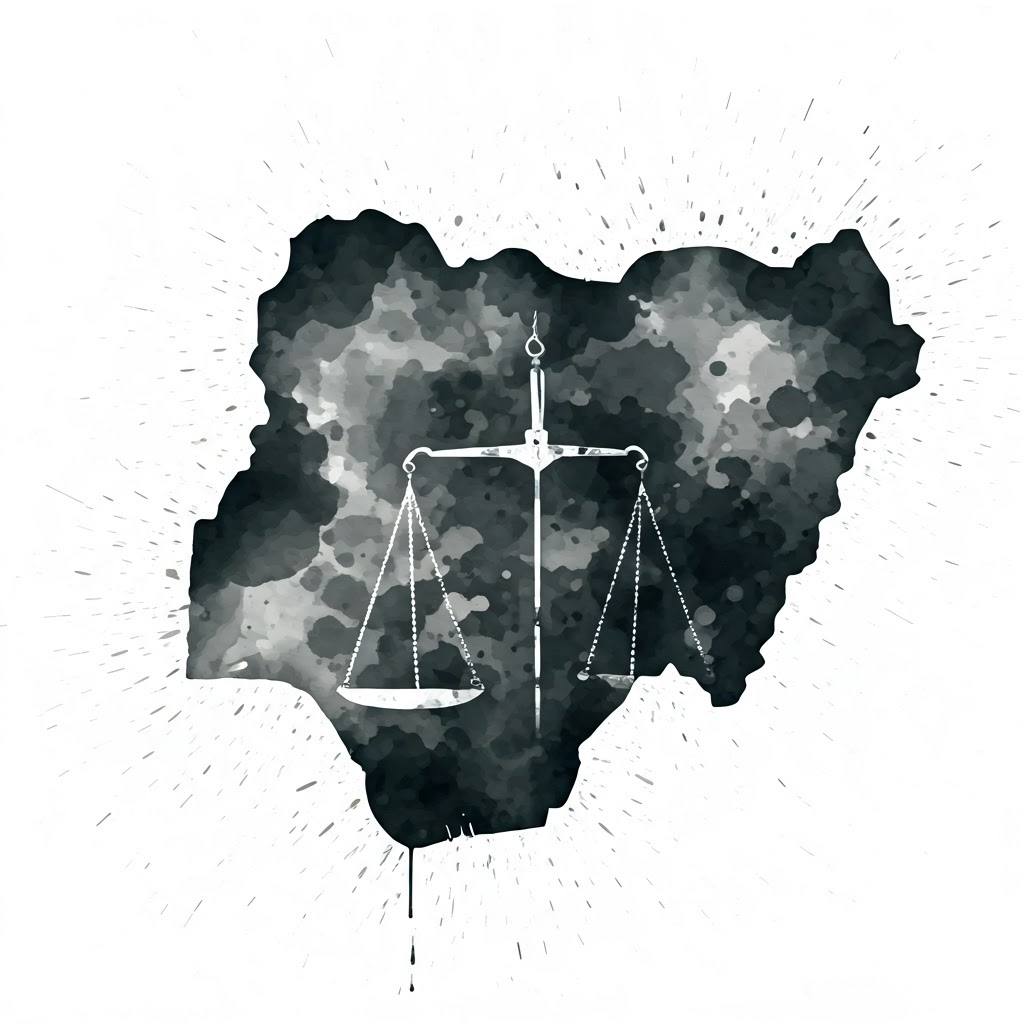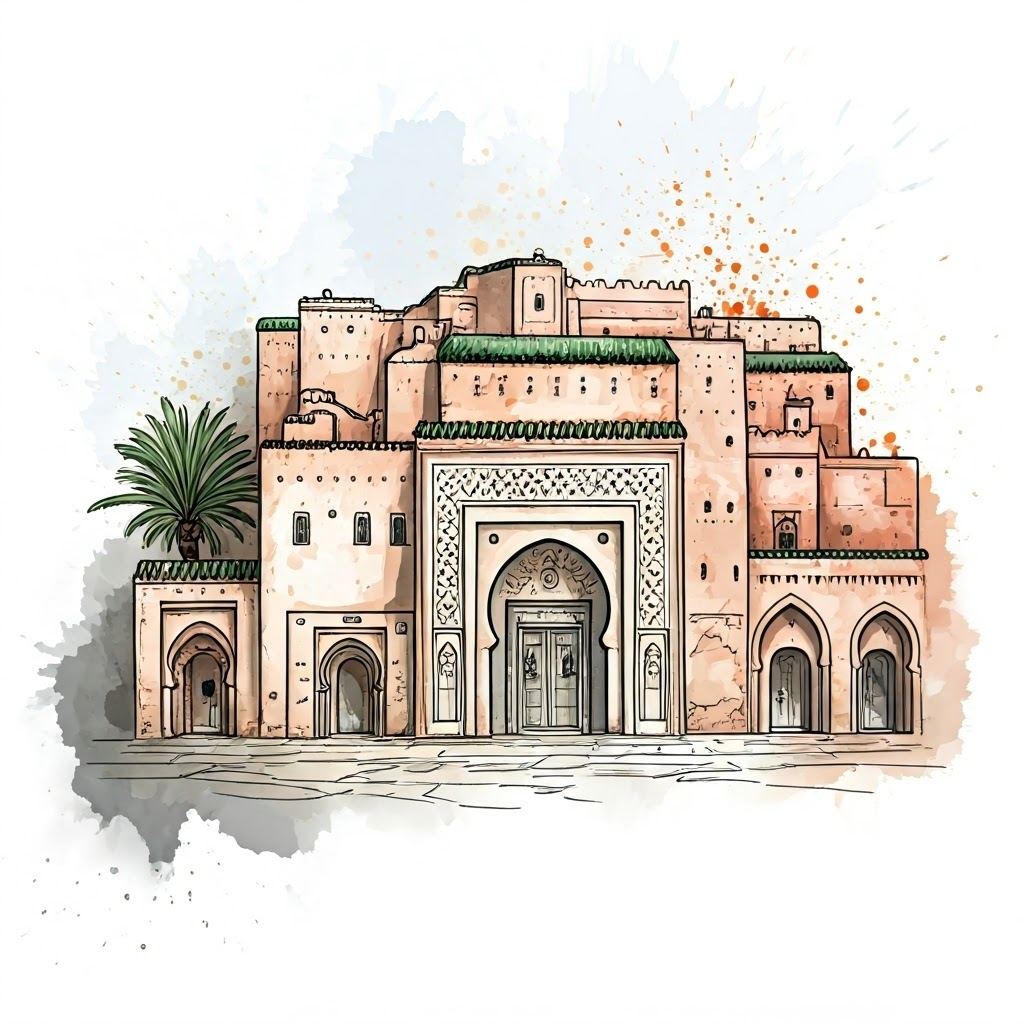Get ready for a major shift in West African politics! Three key nations, Mali, Niger, and Burkina Faso, are finalizing their departure from the Economic Community of West African States (ECOWAS). This move, set to be completed by 2025, is sending shockwaves through the region. This article dives into the details of this exit, its timeline, and what it could mean for the future of West Africa.
- Three nations leaving: Mali, Niger, and Burkina Faso are exiting ECOWAS.
- Timeline: The exit process will occur between January 29, 2025, and July 29, 2025.
- Diplomatic efforts: There’s still room for last-minute talks and diplomacy.
Why the Exit?
While the exact reasons haven’t been explicitly stated, it’s no secret that these three nations have had friction with ECOWAS. This exit could be due to a mix of political tensions and a push for greater independence. Each of these countries has recently experienced coups, leading to tensions with the bloc, which aims to foster democratic governance.
The Official Announcement
ECOWAS Commission President, Alieu Touray, made the official announcement during the 66th Ordinary Session of the Authority of Heads of State and Government of ECOWAS in Abuja. He revealed the exit would be phased from January 29 to July 29, 2025, allowing time for diplomatic maneuvering and negotiations to smooth out the transition.
What Does This Mean for ECOWAS?
The departure of Mali, Niger, and Burkina Faso poses significant challenges for ECOWAS, which has long sought to promote economic integration, peace, and security in the region. The bloc may lose considerable influence in the Sahel region. The loss of these member states could have major implications for regional trade and security, potentially causing a ripple effect throughout West Africa.
A Call for Diplomacy
Even as the exit looms, there are calls for further dialogue and diplomatic engagement. The hope is to address any outstanding issues and perhaps find a solution that benefits all parties. The coming months will be critical for shaping the future of West African relations.
Looking Ahead
This is a story that’s still unfolding. The implications of this split will be seen in the coming years. For now, all eyes are on how these countries will navigate this new chapter and what steps ECOWAS will take to maintain stability and cohesion in the region.
The ECOWAS (Economic Community of West African States) was established in 1975, with the goal of fostering economic cooperation and integration in West Africa. It has been instrumental in promoting democracy, peace, and security in the region.





